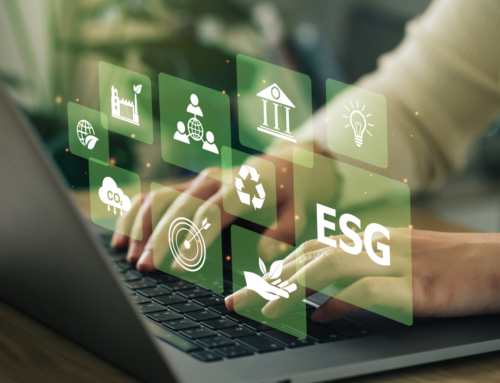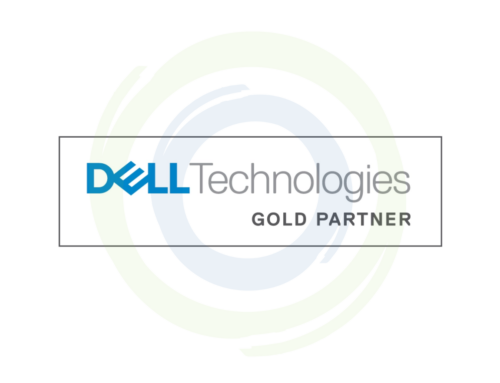In today’s rapidly evolving tech landscape, ensuring responsible recycling and sustainability is paramount. Enter the R2v3 certification. This globally recognized standard is reshaping the way businesses handle electronic waste. But what exactly is R2v3, and why should it matter to you? Let’s dive in.
Understanding the Significance of R2v3 Certification
R2v3 certification, or Responsible Recycling Version 3, is the latest iteration of the R2 standard. Established by SERI (Sustainable Electronics Recycling International), it sets forth guidelines for the safe and sustainable recycling of electronic waste.
Environmental Impact: With millions of tons of e-waste generated annually, there’s a pressing need for responsible disposal. R2v3 ensures that recyclers adhere to best practices, minimizing environmental harm.
Data Security: The certification mandates strict data destruction protocols, ensuring that sensitive information doesn’t fall into the wrong hands.
Health & Safety: R2v3 places a significant emphasis on worker safety, ensuring that recycling processes don’t jeopardize human health.
The Evolution from R2 to R2v3
The journey from R2 to its third version wasn’t merely about updating a few guidelines. It was a comprehensive overhaul, reflecting the changing dynamics of the electronics recycling industry. A report from ISRI (Institute of Scrap Recycling Industries) highlights the growing complexities of e-waste recycling and underscores the need for standards like R2v3.
Key changes in R2v3 include:
Enhanced Accountability: Recyclers are now required to demonstrate a deeper commitment to sustainability and transparency.
Stricter Audits: The certification process involves rigorous audits, ensuring that recyclers meet the highest industry standards.
Global Relevance: While R2 was primarily US-centric, R2v3 has a more global outlook, making it relevant for businesses worldwide.
R2v3 and Its Broader Implications for the Industry
The introduction of R2v3 is not just about setting new benchmarks for recyclers. It’s about fostering a culture of responsibility across the electronics industry. A study by The Global E-Waste Monitor sheds light on the increasing volumes of e-waste and the challenges in managing them. R2v3, in this context, emerges as a beacon of hope.
Promoting Circular Economy: By emphasizing responsible recycling, R2v3 encourages a circular economy where products are reused, refurbished, or recycled, reducing the need for virgin resources.
Building Trust: For businesses and consumers, partnering with R2v3 certified recyclers means peace of mind, knowing that their e-waste is being handled responsibly.
Driving Innovation: The certification pushes recyclers to innovate, adopting newer technologies and methods to enhance efficiency and sustainability.
R2v3 certification is more than just a badge of honor for recyclers. It’s a testament to their commitment to sustainability, data security, and global best practices. As the electronics industry continues to grow, the importance of certifications like R2v3 cannot be overstated.
Interested in learning more about responsible recycling and how it can benefit your business? Explore Summit 360’s unique process and discover how we’re leading the way in sustainable IT asset disposition.




